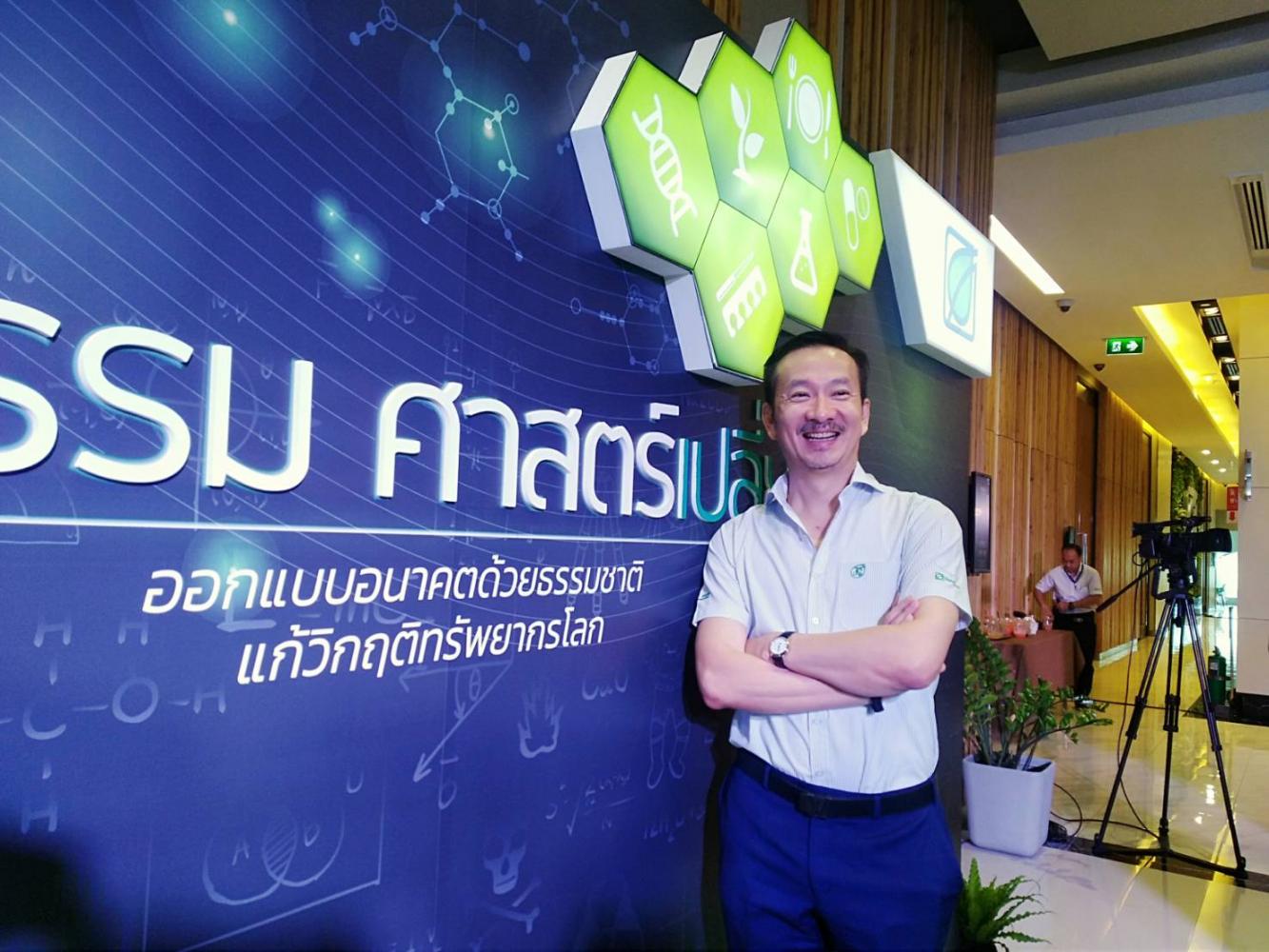
Energy firm Bangchak Corporation (BCP) is entering the synthetic biology business to tap into the fast-growing industry.
Synthetic biology (synbio) allows scientists to redesign organisms for useful purposes through genetic engineering. Synbio researchers and companies around the world are harnessing the power of nature to solve problems in medicine, manufacturing and agriculture.
On Thursday, the company announced the move at its annual seminar titled "Synthetic Biology: World Changing Science", where microorganism research houses across the world discussed design production processes for existing agricultural products in Thailand.
BCP chief executive and president Chaiwat Kovavisarach said the company has made fundamental steps in these areas for more than a decade through subsidiary BBGI by producing ethanol and biodiesel.
He said the company needs better technology and innovations for its synbio operation.
Mr Chaiwat said the company has talked with a few research houses on cooperation in the synbio business and expects a deal to be made early next year.
The synbio production facility is expected to use agricultural feedstock from rice, cassava, sugar cane, rubber and palm oil.
Mr Chaiwat said the finished synbio product would be raw material for cosmetics, biodegradable plastic, pharmaceuticals and food.
The location of production facility and details of the plant will be announced next year and construction will take 2-3 years, he said.
BCP plans to invest in this sector through BBGI, which is also preparing to list on the Stock Exchange of Thailand next year, said Mr Chaiwat.
BBGI entered the biofuel business in 2008 with ethanol and biodiesel production, using sugar, cassava and palm oil as raw materials.
He said synbio products have a much higher price than commodity-grade agricultural products, and represents a large global trend in the US, EU and Japan.
An example of a hugely popular synbio product is from startup Impossible Burger, which makes a synthetic meat product. The company is valued at US$2 billion (60.7 billion baht).
The majority of the company's shares are state-owned.
Mr Chaiwat said to make synbio applications of greater benefit to Thailand, the government should take measures to grow domestic demand such as banning single-use plastics to grow interest in biodegradable plastic.